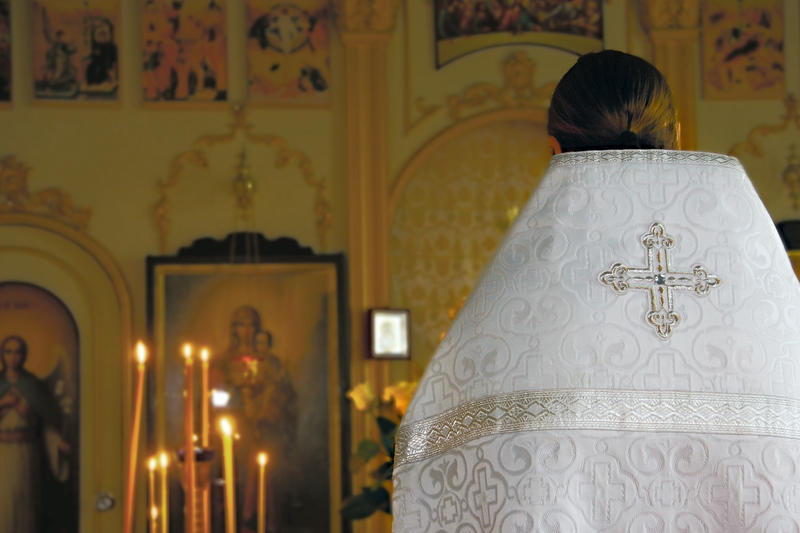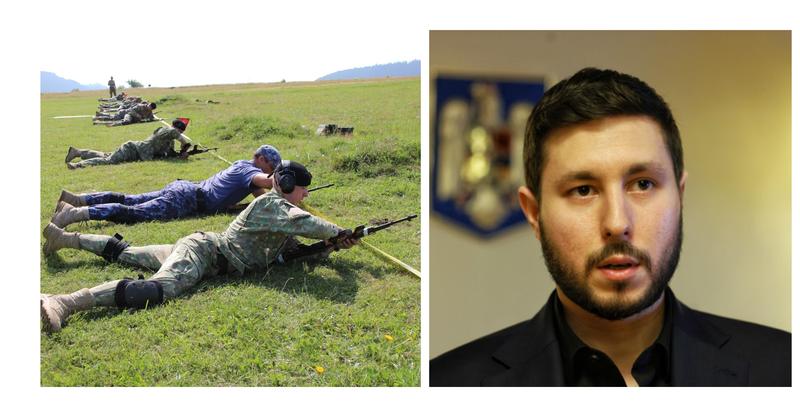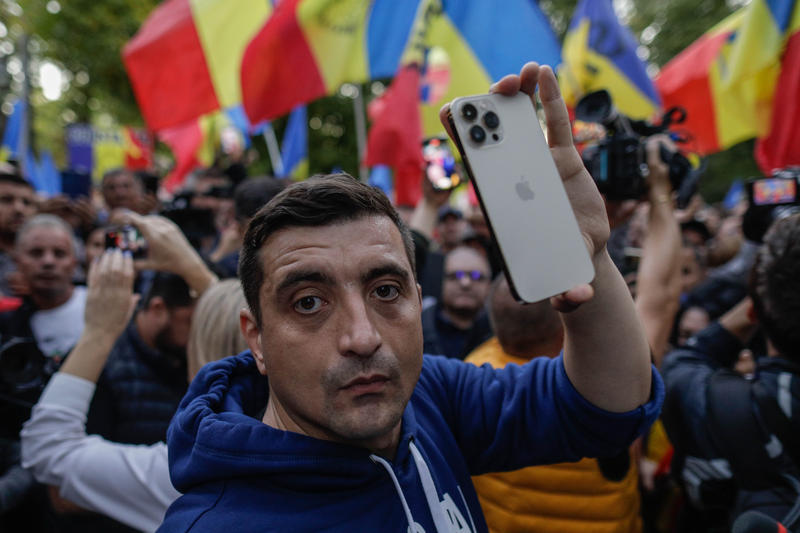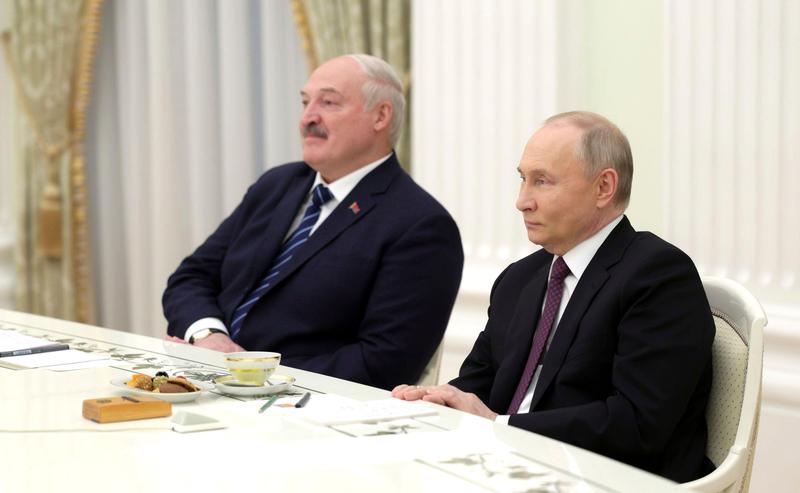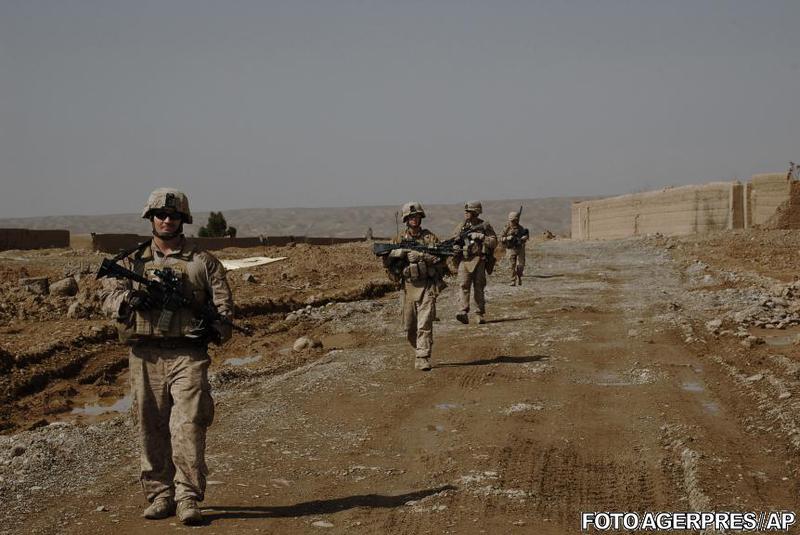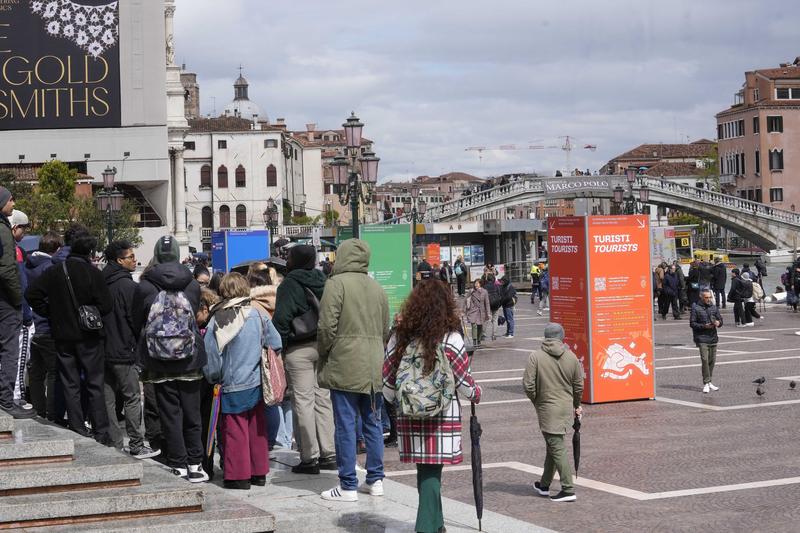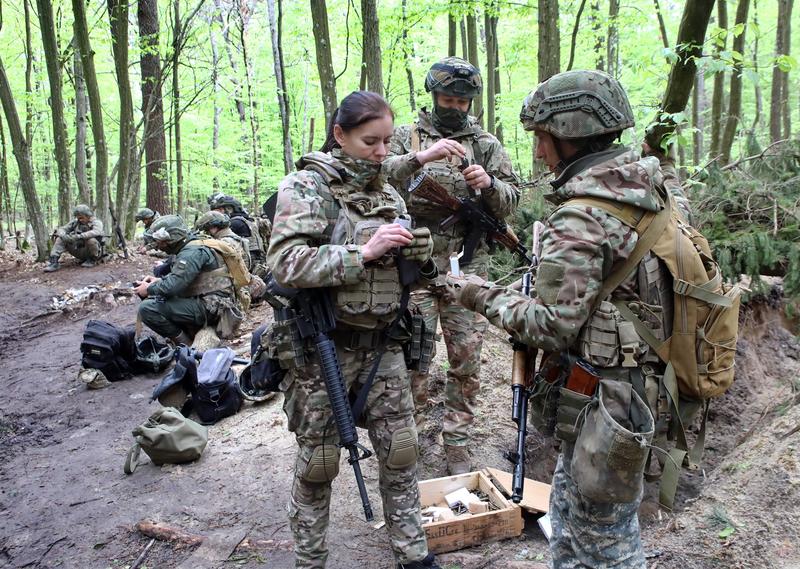Twenty years ago, the Ceausescus were shot "in a parody trial, which remains the original sin of a post-communist Romania with avaricious memories". These are the opening words in the beginning of an articleLe Figaro dedicates to the '89 Revolution and to the present situation. Among the people the French publication interviews are general Dan Voinea, historian Marius Oprea and film director Cristian Mungiu.
"Even if he does not confess it, Dan Voinea knows that on 25t of December 1989 he became one of history’s puppets", Le Figaro special envoy to Bucharest writes. He was 39 when he found himself behind the closed doors at the trial of the Ceausescu couple. "I was expecting a real trial, but people in high roles asked for Ceausescu's head. Nobody told me they would be shot", Dan Voinea recalled.
- Marius Oprea: Several dossiers disappeared
The Romanian National Council for the Study of the Securitate Archives (CNSAS) was created in 1999, but due to the lack of political will, it could not really begin to function until 2005, after President Traian Basescu took over Romania's presidency. The Securitate was a state in state. They were employing hundreds of millions of informers and set up absurd rules, aimed to convince the Romanian society that it was living under its full and permanent control.
Historian Marius Oprea is convinced that many of the dossiers disappeared. He refuses to believe that the Securitate, "this diabolic bureaucratic machine with tentacles, more paranoid that Stasi" did "less good" than the East-German authority. "The Stasi archives comprised of 160 linear kilometres and we know that, at the fall of the Berlin Wall, its agents had time to destroy 20 kilometres in two months. So you can imagine what could be done here in 10 years", Marius Oprea declared.
- Iliescu, a Marxist ideologist lacking remorse
Ion Iliescu, aged 79, "talks like a Marxist ideologist without remorse", Le Figaro goes on. In June 1990, he asked the miners from the Jiu Valley to come to Bucharest to "appease" the students protesting in Universitatii Square. The mineriads led to 60 deaths. A trial tried to clarify the role Ion Iliescu had in these events. "The ex-president was washed clean".
- Basescu's position during communism could only be accessed by "safe" people
A commission of historians lead by Vladimir Tismaneanu requested president Traian Basescu to decrease the pensions for the communist political police retired officers. The Romanian president used to be captain in the commercial marine, heading the Romanian Agency for Anvers sailing in the '80, Le Figaro reads. This was "the sort of role that only 'safe' people could occupy in those times", the French journalists add. In 2006, when Basescu was already president, he publicly condemned the crimes of communism. This was a premiere in Romania. The ceremony took place in the Parliament, with the far-right booing and the opposition deputies launching ironies.
Traian Basescu did not respond to the request of historian Vladimir Tismaneanu, as if he would have preferred communism to remain an abstract concept, the publication concludes.

